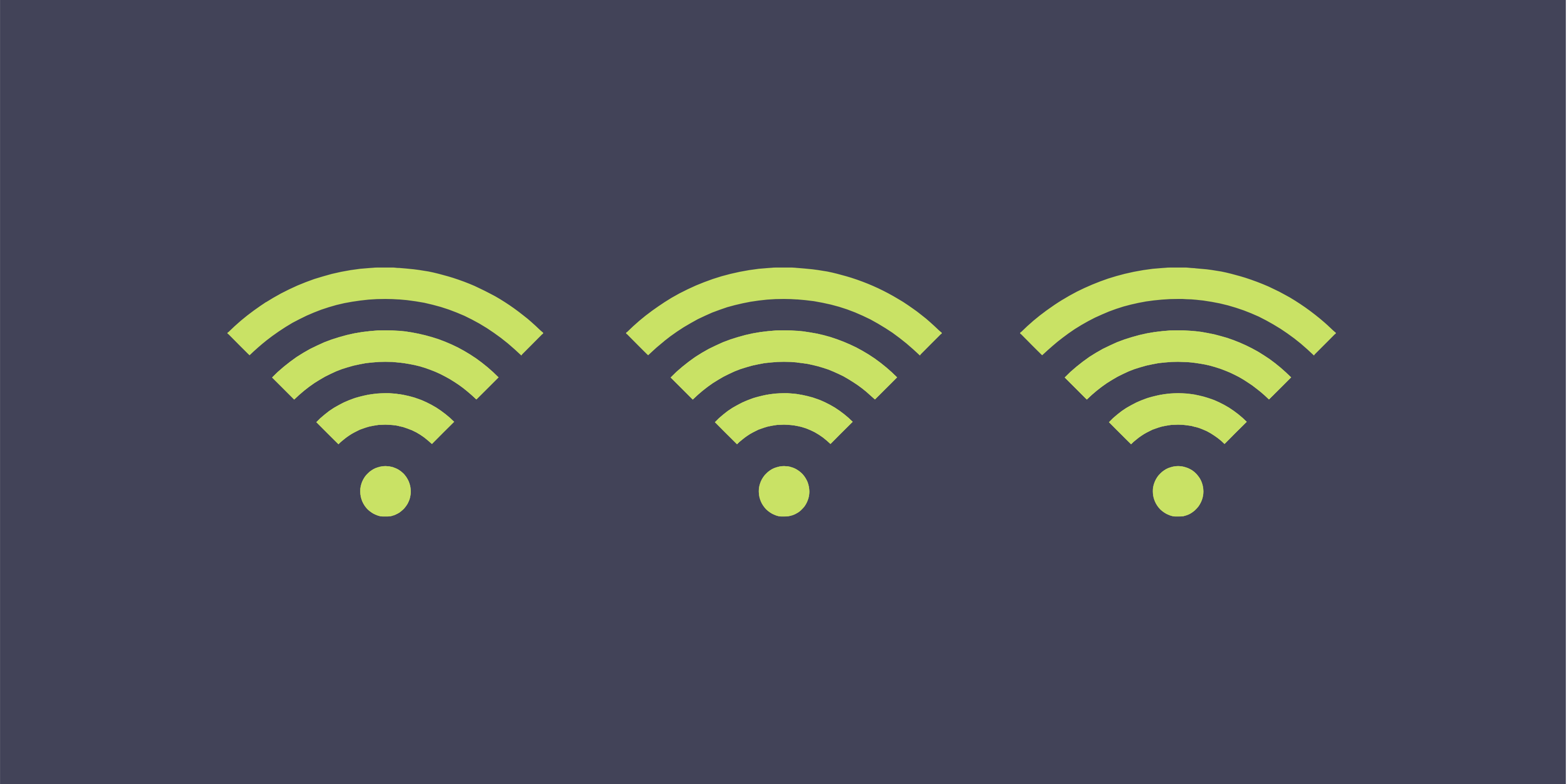Cyberattacks have recently increased nationwide as hackers and scammers attempt to cash in on the COVID-19 pandemic.
“Even as society is shutting down, scammers are gearing up,” said FBI Chicago Special Agent and Public Affairs Officer Siobhan Johnson in an official statement given during a video press conference to college media. “They want your money, your personal information or both. And with the internet, they can get inside of your own home.”
With the number of scams being reported increasing every day, one of the most common attacks includes scammers reaching out via email, referencing the novel coronavirus to demand several thousand dollar payments via wire transfer or bitcoin. Scammers sometimes use email addresses that appear as though they are from legitimate organizations –– such as the Centers for Disease Control and Prevention (CDC) or the World Health Organization (WHO) –– to merit a response.
“Companies such as this generally will not do that, but scammers will use their big names in order to legitimize their criminal activity,” Johnson said. She urges people to question why these organizations would be emailing them in the first place, along with avoiding clicking any links they may receive in these emails.
“If you click on these links, you may be unwittingly downloading malware onto your computer. Scammers may then use this malware to lock your device,” she said. “Once they have locked it, they can demand large scale ransoms.”
Similarly, scammers may contact people masquerading as their employers. “What we’re seeing specific to Chicago is the business email compromises,” Johnson said. “Those emails are the ones where someone is emailing and pretending to be someone else. So it might come through and say it is from your employer –– people might have specific knowledge of who your employer is –– and it might say something like, ‘Hello, I need you to go pick up 20 gift cards $200 each. It’s really urgent. Go and get those gift cards. Send me pictures of the numbers on the back,’ and then suddenly you realize it actually wasn’t your employer.”
Johnson said in these instances, it’s really important to contact the person by phone who appears to be sending the email to verify that it is a real request.
Other ways scammers are attempting to leverage the coronavirus pandemic is by attempting to get people to donate to charities and crowdfunding campaigns or to purchase counterfeit products. They may even contact people regarding the incoming stimulus checks from the government.
The checks, which come as part of a $2 trillion economic relief package, will be sent directly to people affected by the coronavirus pandemic. “If the Internal Revenue Service already has your bank account information from your 2018 or 2019 returns, it will transfer the money to you via direct deposit based on the recent income-tax figures it already has,” according to a The New York Times FAQ on the stimulus package. If people opted to get their tax returns in the mail, they will receive their stimulus check in the mail to the address provided in their most recent return.
“Though funds from the government are coming, you will not be contacted by email asking for your date of birth or a social security account number,” Johnson said. “Do not give out private information to anyone claiming that they need bank or social security account numbers.”
Additionally, now that a mass number of people are working from home, scammers are finding ways to gain access to sensitive information via teleworking software (platforms like Zoom and Skype).
“They may attempt to overload services to take them offline. They may be trying to eavesdrop on business calls,” Johnson said. “Scammers have disrupted conferences with pornographic images, hate images and threatening language.”
This act has been referred to as “Zoombombing.” DePaul University Interim Provost Salma Ghanem recently shared best practices for remote teaching that included tips on how to maintain the privacy and protection of teleclass sessions occurring via Zoom. Some of these include not sharing your Zoom link publicly or making the teleconferences password protected.
The rise in Zoomboming –– and other telework meetings being hacked –– has led to an increase in child sex exploitation. “Widespread school closures have caused a number of children and young adults to spend increasingly greater amounts of time online,” Johnson said. “The FBI wants to ensure that parents and caregivers are informed so that more online time does not lead to online sexual exploitation of children.”
Johnson said it’s important to talk to children about appropriate contact with adults on the internet and in real life. “But it’s also critical that you report it to the police so that you can prevent future exploitation of that child and of future children,” she said.
Overall, three of the best things people can do to prevent cyber scams include doing research, reporting victimization and spreading the word, according to Johnson. Sharing the information regarding what the scams look like and what the best preventative measures are for these scams is especially important in protecting the most vulnerable communities because “knowledge is power and if you know what to look for, COVID-19 scammers will be powerless to victimize you and your loved ones.”
If you’ve been victimized or know someone who has, report it to 1-800-CALL FBI or you can report it anonymously at IC3.gov/tips.
Header image by Marissa Nelson, 14 East




NO COMMENT